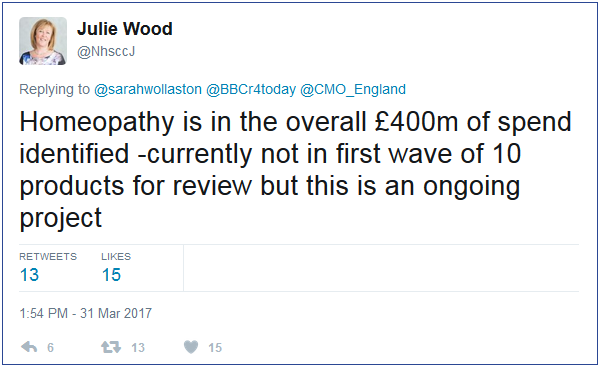******************************************************************
Edit: 3 October 2012
See also this great question, and answers, from people on Quora
How do you get access to papers online if you don't belong to any academic institution?
******************************************************************
Top line: Charities / voluntary sector folk may be able to register for an NHS Athens password from
NHS Scotland
I wonder if I should now be registering with all the other
NHS Consortia to increase my access...
More detailed information
I have spent a very pleasant morning with my new Athens password which gives me some / limited access to some of the items below (see further down).
In June we came across "
The Knowledge Network: Scotland's source of knowledge for health and care" and discovered that to access it more fully we needed an Athens password.
When I previously worked in academia I had an Athens password which opened up an entire universe of literature and databases to me and when I left, and the password stopped working, a little bit of me died with it.
For a number of years I believed that it was the Athens password which had brought me these fortunes, and I tried in vain to get another one - before someone explained that the Athens password is merely a way of accessing the subscriptions that you already have, it's not a magical 'open sesame' sort of thing.
Because I slotted into one of these categories I thought I might as well apply.
You can apply for an NHS Education ATHENS username and password if you
belong to any of the following groups :
• Staff of NHS Scotland (including contractors such as general practitioner staff, community pharmacy staff, dental surgery staff
• Undergraduate or postgraduate students working or training with NHS Scotland
• Social services, public library staff and other local authority staff working in partnership with the NHS
•Other partners including staff in higher and further education, Scottish Government staff, voluntary sector organisations, nursing homes, the armed services and patient/public representatives on NHS groups
Others may also be eligible. A full guide to who is eligible can be found here. If you are unsure which group you fit into, or feel you need access and don't belong to one of these groups, please get in touch with your local ATHENS administrator for advice.
Our charity works with the NHS and we are clearly in the voluntary sector, so I was pretty delighted to see that I might be able register for an Athens password that would give me access to some NHS resources - and so it does. It's not a very quick process to register (presumably they had to check my story out as I expect lots of people try to sign up to get an Athens password, and who can blame them).
I should add that in addition to working for a health charity I also work at UCL and so I do already have a magic open sesame password - but I wanted to see what I could get for charity purposes.
I can now access ScienceDirect which I couldn't really get at before (without using my UCL account) and it looks like I can access more databases on OVID than with our current subscription.
In short, while it's not giving me everything, it's also giving me, for free, quite a lot of what I already subscribe to (which may mean that I can save the charity some money by not renewing some subscriptions) and giving me access to a few extra diabetes journals among other things.
It's definitely worth investigating if you use academic literature and databases and work in a health charity or other voluntary sector. I'm thinking specifically of the medical research charities which are members of the AMRC (Association of Medical Research Charities).
Here's the full list, although I've not managed to get anywhere with Nature.com
Barbour Index Online Services
Best Practice
BMJ Journals Collection
BNF for Children
British National Formulary
Clinical Evidence
CSA Illumina
ebrary
EBSCOhost databases
EBSCOhost EJS
Emerald Management eJournals
GOODPRACTICE.NET
INFORMAWORLD
IngentaConnect
internurse.com
MD Consult
Medicines Complete
METAPRESS
Nature Publishing Group (www.nature.com)
NetLibrary
Ovid Online
Oxford Journals
Pier Professional
ProQuest
RefWorks
SAGE Journals Online
ScienceDirect
SilverPlatter Arc2
SNOMED BROWSER
SwetsWise
The Learning Exchange
Wiley Online Library
Wounds-UK Journals
ZETOC - BL Electronic Table of Contents
EDIT: Friday afternoon 5.30pm 10/09/2010
I've heard from
Graham Steel who found in 2008 that he could access the service as someone who works in patient advocacy in a personal capacity. He also pointed me towards another
blogger who commented on his being able to access literature.
The concept of an NHS Education Athens appears, from Google, to be Scotland based but searching for NHS Athens brought up this registration page for England. It seems to want you to be either at university or working in a GP surgery, so it might be a bit tougher to gain access - and of course I don't know if it's offering anything different from the NHS Scotland version. The registration page for the England one is here
NHS England Athens Registration.
From Graham's blog post I also spotted that there's such a thing as the
Directory of Open Access Journals.
I've also heard from
@chibbie that the service has gone "
out to tender for national ejournal collection".
Almost every time I write a blog post I learn something useful from commenters either here or on Twitter.








